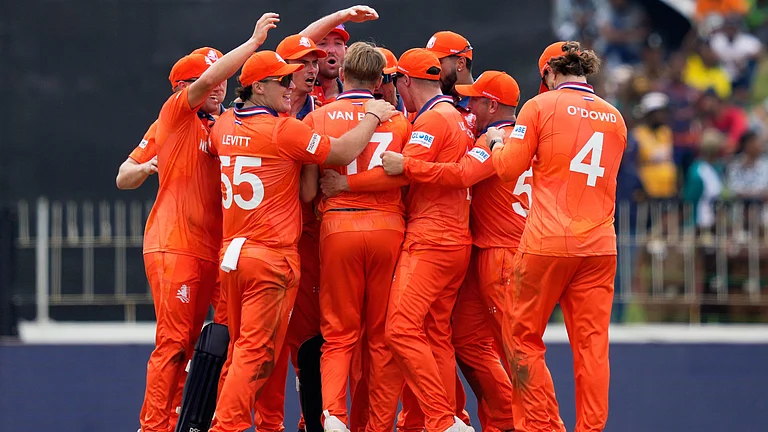Tamil Nadu’s new director-general of police (DGP) is a woman, a first for the state. On the sheer strength of her work record, Letika Saran pipped a few seniors to the post. Her appointment has been generally welcomed because she is competent and non-controversial. I had the privilege of overseeing her work more than a decade ago and was impressed by her investigative skills and her dedication and integrity. She is diminutive and laconic, but firm in her response to problems. I expect her to give the force what it needs—good leadership. She may expect support from the home secretary, also a woman, when she goes to the government to seek additional infrastructure for the burgeoning police force.
It would be tempting to compare Letika with the legendary Kiran Bedi, two years her senior in the IPS. But the two are hugely different. Kiran was feisty and could easily offend anyone in an argument. She enjoyed using the media, and possibly that was her strength as well as her failing. Letika keeps a low profile. But then we probably need both types of officers to prop up the Indian police, which has a serious image problem.
A question often posed to me is why a police force with so many talented women like Letika and Kiran (till she retired a year ago) at the top can’t protect the Indian woman better. At her first press conference, Letika did say combating crime against women would be one of her top priorities. This was possibly nothing more than the customary assurance every DGP will have to give while beginning the tenure. Usually, one doesn’t see anything more than tokenism after that—which possibly explains the rising tide of attacks on women and young girls. I hope Letika will offer something novel and imaginative to tackle the problem.
The shoddy handling of rape cases is a particular cause of concern. Not only are cases suppressed, even those registered are so badly investigated they fail in court. Witnesses are bought or intimidated. And victims are treated shabbily by the criminal justice system. You should watch a rape trial to hear the calumny defence lawyers pour on the victim, often referred to as a “second rape”. All this happens despite certain legal safeguards, such as in-camera trial and barring the media from publishing the victim’s name. In a welcome departure from the past, Supreme Court decisions have said that if the victim gives a credible account of the assault, the offender could be convicted solely on that deposition. The message has gone across to judges that they are to give great weight to a victim’s testimony and not reject it on flimsy grounds.
Against this backdrop, I was pleasantly surprised when a Surat court recently concluded its proceedings, including judgement, within a year of a gang rape that shook the city. The brevity of the whole process—investigation, trial and judgement—should surprise anyone, anywhere in the world, particularly because two of the three accused were sons of policemen. On July 12, 2009, three young boys violated a schoolgirl of 17 in a moving car. While abandoning her after the assault, they said they had filmed the rape and would make the clip public if she went to the police. But the victim was not cowed down and did exactly what the rapists threatened her against doing.
We must salute her courage and spirit. The accused have been sentenced for life. The trial judge also deserves kudos for his firmness and the businesslike manner in which he completed the recording of evidence. Finally, the Surat police deserve to be complimented for the high quality of investigation—despite the police connections of two of the rapists—which facilitated a successful prosecution. Apart from laying charges in the court in a record time of 12 days, the police foiled attempts by some anti-social elements to disturb public peace, taking advantage of the fact that the accused and the victim belonged to different religions. If you consider how easy it is to inflame communal passions—the recent violence in Shimoga over Taslima Nasreen’s alleged article on a sensitive subject is evidence enough—how the Surat police conducted itself and handled the case was praiseworthy.
The case needs to be studied in detail by police forces elsewhere in the country. Surat also highlighted how the much-misused and abused Indian police can, if it wants to, deliver the goods, especially to the weaker sections. However, such inspiring response to crime against women calls for good internal leadership—of the Letika-Kiran variety—and strong judicial support. On the whole, however, events like these offer hope that our police force can change.


























